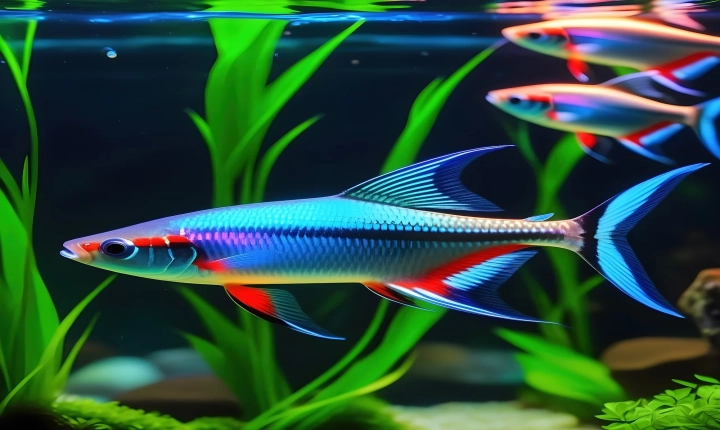Title: Can AI Tell Jokes? Exploring the Humorous Side of Artificial Intelligence
Artificial intelligence (AI) has made remarkable strides in recent years, from powering voice assistants to driving autonomous vehicles. But can AI also exhibit a sense of humor and tell jokes? The answer might surprise you.
Humor is a complex and nuanced aspect of human communication, often relying on cultural references, wordplay, and unexpected twists. This begs the question: can AI truly understand and generate humor in a way that resonates with human audiences?
The short answer is yes – AI can indeed tell jokes, and is growing increasingly proficient at it. Thanks to advances in natural language processing and machine learning, AI systems are becoming more adept at understanding linguistic nuances and generating original, contextually relevant jokes.
One area where AI has excelled in joke-telling is through chatbots and virtual assistants. Platforms like Siri, Alexa, and Google Assistant have been programmed to respond with witty comments and clever retorts when prompted with certain questions or commands. These quips often take the form of puns, wordplay, or light-hearted responses, showcasing the AI’s ability to engage in humorous exchanges with users.
In addition to scripted responses, AI can also generate original jokes using sophisticated language models and neural networks. For example, OpenAI’s GPT-3 (Generative Pre-trained Transformer 3) has demonstrated an impressive capability to compose jokes and engage in playful banter, mimicking human-like humor to a remarkable degree.
However, the success of AI in telling jokes is not without its challenges. While AI systems can generate jokes based on statistical patterns and learned associations, they may still struggle to grasp more subtle forms of humor, such as sarcasm, irony, or situational comedy. Additionally, the cultural and contextual sensitivities that underpin many jokes can pose a significant hurdle for AI, as these systems may lack the real-world experiences and social awareness necessary to fully appreciate the nuances of humor.
Nevertheless, researchers continue to make progress in developing AI systems that can better understand and generate humor. By leveraging large datasets of jokes, puns, and comedic material, AI models can learn to recognize patterns in humor and develop a deeper understanding of comedic conventions. Furthermore, ongoing research in sentiment analysis and emotion recognition is helping AI systems gauge the appropriate timing and delivery of jokes, making their humor more relatable and engaging.
Beyond the realm of entertainment, the ability of AI to understand and generate humor has practical implications as well. In fields like customer service and human-computer interaction, integrating humor into AI-driven interactions can enhance user engagement, foster positive experiences, and even facilitate information retention. Moreover, incorporating humor into AI-generated content, such as chatbot responses or marketing materials, can humanize the interaction and create a more personable and relatable connection with users.
As AI continues to advance, we can expect its capabilities in generating humor to evolve as well. Whether it’s through integrating wit and lightheartedness into daily interactions or entertaining users with clever quips and puns, the potential for AI to engage in comedic exchanges is an intriguing and ongoing area of exploration.
In conclusion, while AI may not yet match the wit and spontaneity of human comedians, it is steadily gaining ground in the realm of joke-telling. With ongoing advancements in natural language processing, machine learning, and humor understanding, AI is poised to become an increasingly adept and entertaining conversational partner. So, the next time you interact with a virtual assistant or chatbot, don’t be surprised if it leaves you chuckling with a well-timed punchline or clever retort. AI’s sense of humor is on the rise, and it’s no laughing matter!
